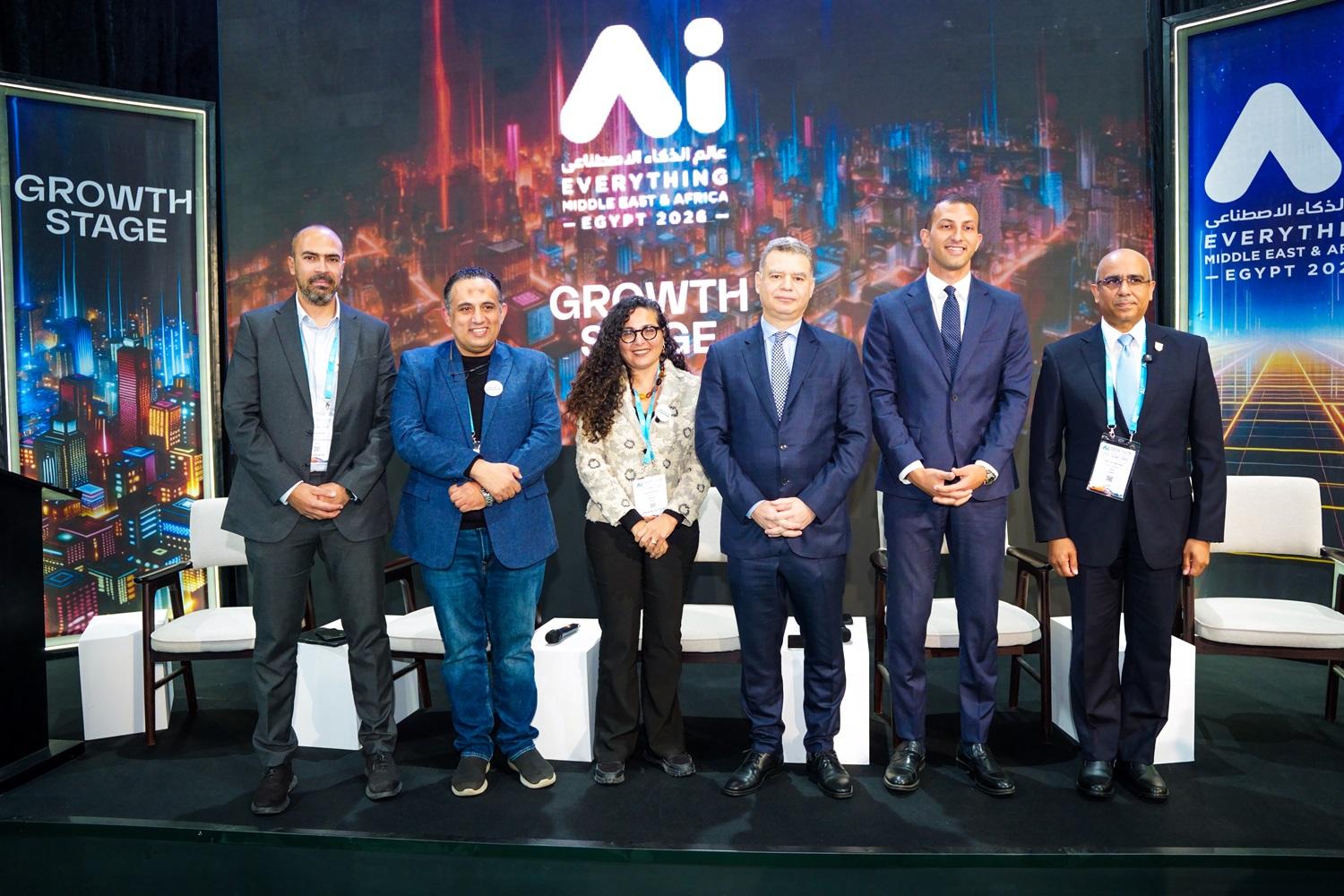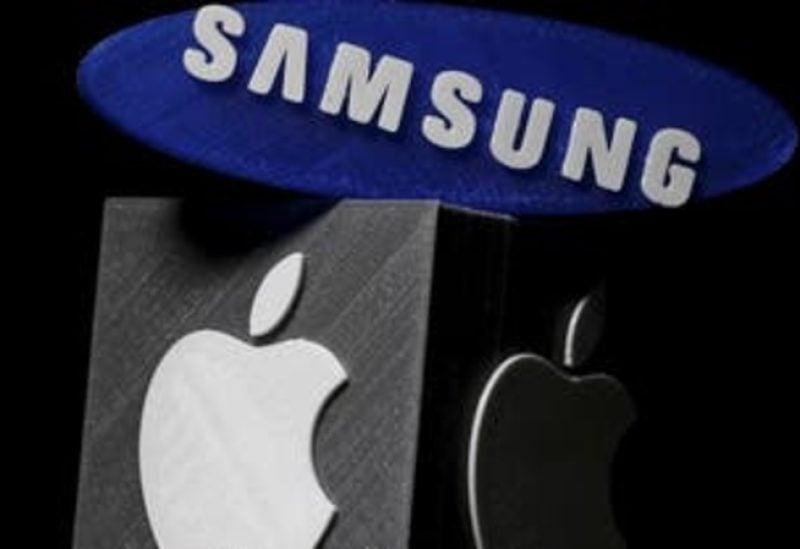- Around 500 leading merchants, issuers and government representatives attended the third edition of Visa’s MENA eCommerce Summit
- Integrated commerce and right balance between eCommerce and commerce IRL (in real life) will be key to delivering customer experience in new normal defined by stickiness of pandemic-driven shopping behaviors
By ; Mohamed El Kholy
Building on the surge in digital commerce since the start of the pandemic, Visa (NYSE:V), the world leader in digital payments, hosted the third edition of its eCommerce Summit for the Middle East and North Africa (MENA) region. Held virtually under the theme, “Thriving In The New Normal”, the event brought together government representatives from Dubai Economy (Dubai DED) and Saudi Ministry of Finance, local bank such as Commercial Bank of Qatar, businesses including Noon, Daraz (Alibaba Group), Azadea Group and Kidzapp, and payment platform providers to explore opportunities to further drive digital commerce and help businesses thrive in the new normal.
While the MENA region’s eCommerce sector was witnessing significant growth of 15-20% per annum[1] even before COVID-19 – outpacing other regions on the back of higher smartphone and internet usage – consumers’ shift to online almost overnight because of the pandemic has accelerated that growth with the sector accomplishing almost six years of digital advancement in just six months[2]. In Egypt, Visa’s “Stay Secure” study revealed that since the outbreak, 20% of consumers opted more for paying online with card or digital wallet over COD[3]. Moreover, eCommerce industry in Egypt has become one of the fastest growing sectors amid COVID-19 pandemic, seeing a growth of between 300 to 500%[4] to some $2 billion, including online purchases and hotel and airline bookings.
A major part of Egypt’s growing eCommerce sector can be attributed to the digital transformation initiatives launched and sponsored by the government. In January 2020, there were some 54.74 million internet users in Egypt, up by roughly 22% y-o-y, setting the internet penetration ratio at 54%.[5] The figure is projected to rise even faster, considering that the ICT sector has become Egypt’s fastest growing sector in 2019 at 16.4%.[6]
In a series of forward-thinking panel discussions, presentations and engaging Q&A sessions with attendees, delegates shared their predictions for future eCommerce trends in the MENA region and its fundamental role in business recovery and future growth of national economies.
The panel discussions highlighted the mainstream emergence of integrated commerce and the critical balance retailers will need to find between eCommerce and commerce IRL (in real life) to deliver the ultimate customer experience. Panelists shared their experiences on new frictionless integrations merchants can introduce as part of their offerings such as curbside pickup and alternate contactless delivery options.
Point-of-sale payments and financing platforms are expected to undergo major transformation to ensure digital-first options become a preferred option, and use of digital wallets is also a rising trend for 2021, with the different modes representing tremendous potential across sectors that typically relied on in-person transactions.
Madhur Mehra, MENA Head of Merchant Sales and Acquiring at Visa, said: “While most of 2020 was spent in reactive mode, the resulting preference for eCommerce is lasting.
eCommerce leaders from the merchant community and financial institutions are in the driving seat in 2021 to capitalize on the momentum and continue to explore new technologies and innovations to support their customers. Small businesses in particular now have the chance to expand digital presence of their business and expand the reach and sales not just to recover sooner but also capture future growth by investing in new digital technologies.
Our studies showed that merchants who adopted eCommerce in 2020 or invested in digital payment solutions were able to better survive the impact of the crisis than those that did not. We work closely with the industry, leveraging Visa’s expertise, innovative digital solutions and analytics, to support them in understanding consumer behaviors and expectations.
By collaborating with our panel of experts we continue to foster a supportive ecosystem for businesses to unlock new commerce opportunities and develop low-touch commerce solutions.”
Marco Incalcaterra, Head of Technology, noon payments, said: "Noon.com was created to serve and support people and businesses in the Middle East, this is our mission.
We have rapidly built deep native capabilities in our marketplace, fulfillment, logistics, and payment platforms, growing to become a digital ecosystem of products and services, all developed to enhance the everyday lives of customers and give producers access to wider audiences and tool to help their businesses thrive.
During the pandemic, many customers were left with little choice but to turn to digital forms of payment in order to maintain distance. We’re proud we could offer a 100% contactless service with noon, with everything from online payments to doorstep drop delivery taken care of swiftly, safely and efficiently."
Karim Beidas, Founder of Kidzapp said: “Historically, this region has been a little more reluctant to shift to online payments, and we’ve seen that at Kidzapp in how parents respond to paying for kids activities through the app vs. booking for the same experience but preferring to pay at the venue. Prior to the lockdown, around 20% of our parent users had some form of reluctance in paying online / through our app for an activity – even with all the advantages of convenience and savings they get from doing so. We’ve found this has shifted since the lockdown, as more and more parents have gotten used to online payments that were necessitated during the lockdown.
There is still a little reluctance but we estimate that as many as 50% of those who would historically have been reluctant are now, if not 100% comfortable, at least transact online habitually now.”
“Looking back internally and across the market, clearly those businesses that were prepared and already had digital, eCommerce and omnichannel capabilities were clearly far more resistant with the onset of COVID. These businesses including Azadea have of course found it much easier to scale and meet customers’ needs at this challenging time. Many businesses like ourselves and others looked to SAAS solutions to quickly provide customers with eCommerce solutions, and I believe the options available in the market now are so plentiful and more often than not are SAAS – which provides agility, redundancy and results quickly,” said Mohammad Sajjad Bhojani, VP eCommerce and Digital – Azadea.














































































